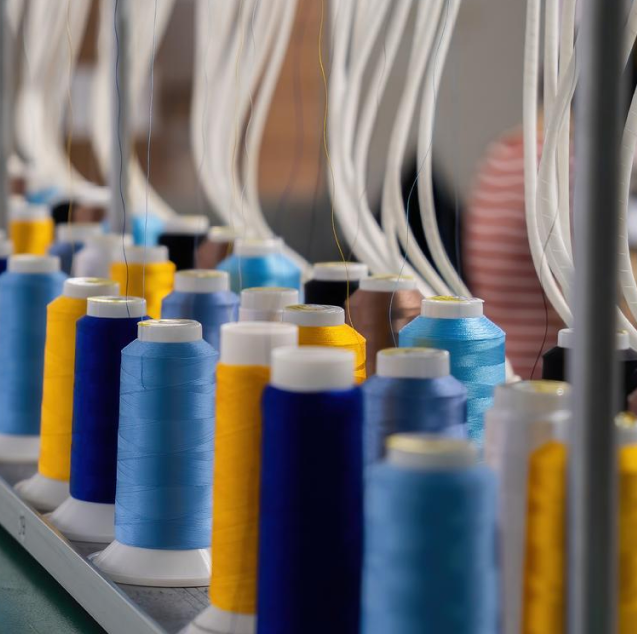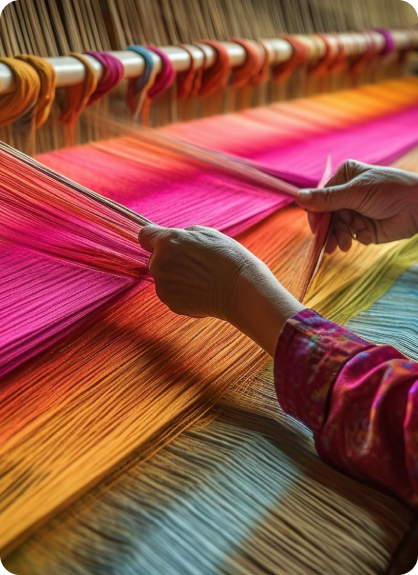Why Invest in Textile & Apparel
-
Robust Ecosystem
Presence of a Robust Ecosystem and an entire textile value chain.
-
World-class infrastructure
Special focus on creating world-class infrastructure to support the industry. PM MITRA scheme will establish seven textile parks to make the country a global hub for textile manufacturing and exports.
-
Policy Support
Dedicated Support by both central and state governments with dedicated policies with attractive incentives covering green measures.
-
Workforce
India has the largest and youngest workforce in the world.
-
Growth Opportunity
India textile sector is expected to grow to $350 Bn by 2030.

Incentives & Schemes
-
Production Linked Incentive (PLI) Scheme for Textiles for Promoting MMF Fabrics and Technical Textiles segments
-
Pradhanmantri Credit Scheme for Powerloom Weavers
-
Grant-In Aid and Modernization/Upgradation of Powerloom Service Centres
-
National Handloom Development Programme (NHDP)
-
Guidelines for implementation of projects under Comprehensive Handicrafts Cluster Development Scheme (CHCDS)





























